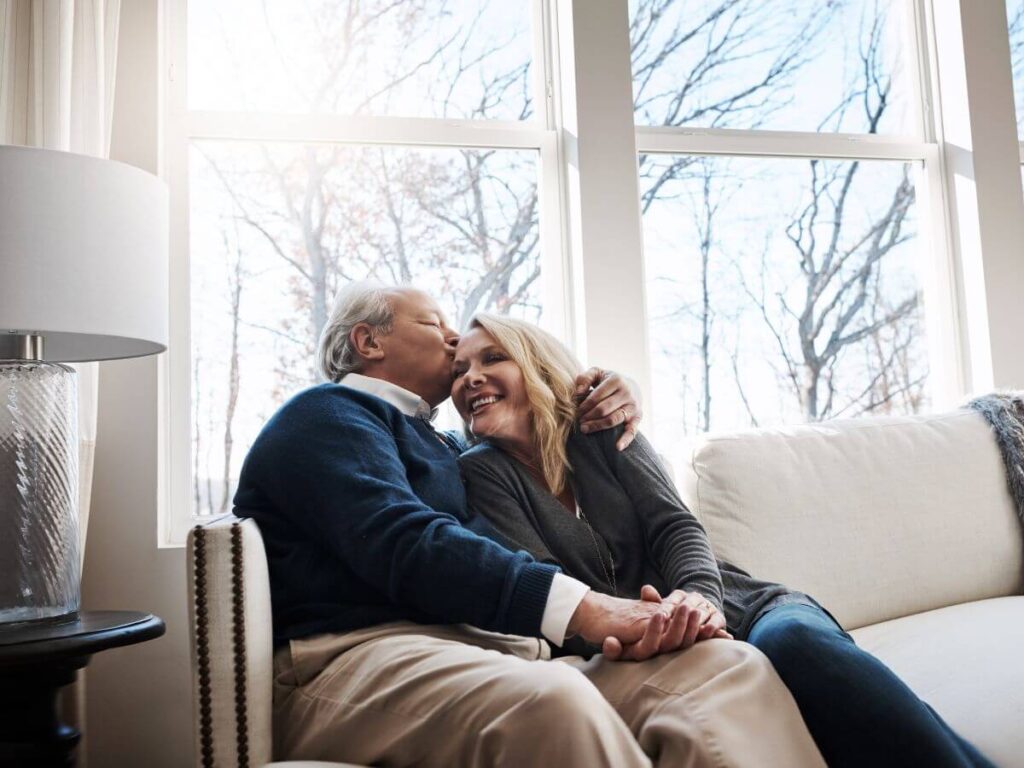
How to Say My Love in Vietnamese: Cultural Guide to Love Expressions
Expressing ‘my love’ in Vietnamese goes beyond simple translation – it’s an art form woven into the fabric of Vietnamese culture. This guide explores the authentic Vietnamese expressions of love, from intimate romantic phrases to gentle terms of endearment, helping you master the delicate nuances of expressing affection in Vietnamese language and tradition.

What Does ‘My Love’ Mean in Vietnamese Language and Culture?
Love is a broad concept, expressing sacred emotions, attachment, and care between people. In Vietnamese, the phrase “my love” is not only an expression but also a way to convey deep emotions to the other person.
In Vietnamese culture, saying “my love” shows closeness, respect, and sophistication in communication. Expressions such as “lover,” “soul mate,”and “life partner” have different nuances, expressing the level of affection from gentle to deep.
How Do You Correctly Pronounce ‘My Love’ in Vietnamese?
To say “my love” (tình yêu của tôi) naturally and accurately, you need to pay attention to:
- Syllables: Pronounce each word clearly: /tình/ (grave accent) – /yêu/ (Unmarked) – /của/ (Hook above) – /tôi/ (Unmarked).
- Voice: Use a gentle tone, emphasizing the word “love” (yêu) to create a sense of closeness.
- Intonation: Depending on your emotions, you can adjust your tone to be appropriate such as sweet, passionate, or gentle…
Explore More About Vietnamese: “I miss you” in Vietnamese: Expressions and Interesting Usage
What Are the Different Vietnamese Phrases for Expressing ‘My Love’?

When Should You Use Romantic Vietnamese Love Expressions?
- “My love” (Em yêu của anh): Close, often used when confessing love or in intimate relationships.
- “My love”(Người yêu của tôi): Expresses formality, appropriate in formal conversations.
- “My darling” (Cưng của anh/em): Cute, youthful, used by many couples.
Example of a complete sentence: “I always cherish you, my love.” (Anh luôn trân trọng em, tình yêu của anh.)
Which Vietnamese Terms Show Intimate Affection in Daily Life?
- “My baby” (Bé yêu của anh): Adorable, often used by young couples.
- “My honey” (Honey của em): A combination of English and Vietnamese, popular among young people.
- “My kitten” (Mèo con của anh): Expresses affection and closeness.
Example of a complete sentence: “My baby, how are you today?” (Bé yêu ơi, hôm nay em thế nào rồi?)
How Do Vietnamese People Express Love in Different Social Settings?
- For family: “A mother’s love for you is boundless.” (Tình yêu của mẹ dành cho con là vô bờ bến.), “You are my greatest love.” (Con là tình yêu lớn nhất của mẹ.).
- For close friends: “You will always be the love of my youth.” (Cậu mãi là tình yêu trong những năm tháng thanh xuân của tớ.), “You are my love!” (Cậu là tình yêu của tôi đấy nhé!).
What Are Traditional Vietnamese Love Expressions in Poetry and Literature?
- For example in the famous quote: “Love is to die a little inside” (Yêu là chết trong lòng một ít) (Xuan Dieu).
- You can also vary and refer to profound sayings: “Love is not finding a perfect person but seeing an imperfect person perfectly.” (Tình yêu không phải là tìm thấy một người hoàn hảo mà là nhìn thấy một người không hoàn hảo một cách hoàn hảo.)
Discover Related Guides: Why Do You Want to be a Teacher? 15+ Best Interview Answers
How Does Context Change the Meaning of Love Expressions in Vietnamese?

- Formal context: “My lover” (Người yêu của tôi) is appropriate in formal communication, showing respect. These words are used with the elderly and middle-aged people or at luxurious parties together.
- Intimate context: “My baby” (Bé yêu của anh) or “My darling” (Cưng của anh) are often used in intimate, highly personal environments. These contexts are often spoken between teenagers.
Which Cultural Factors Influence Vietnamese Love Language?
There are clear differences in regional communication culture:
- The North: Prefers formality such as “lover” (người yêu) and “soul mate” (tri kỷ).
- The South: Often uses cute expressions such as “baby” (bé yêu) and “darling” (cưng).
Age and Communication Objects when speaking:
- Young people: Like to use creative words, mixed with foreign languages.
- Older people: Like traditional, gentle ways of speaking such as “partner” (bạn đời) and “lover” (người thương).
Common Questions About Vietnamese Love Expressions
How to say “my love” politely in Vietnamese?
Use phrases such as “my lover” (người yêu của tôi) or “my partner” (bạn đời của tôi) in situations that require formality.
Are there any other words to replace “my love”?
“lover” (người thương), “partner” (bạn đời),”soul mate” (tri kỷ) or “special person” (người đặc biệt).
What are the most common phrases expressing love in Vietnamese?
The most common expressions of love: “Darling” (Người yêu), “baby” (bé yêu), “dear” (anh/em yêu), “lover” (người thương).
Saying “my love” in Vietnamese is an expression with deep cultural and emotional meaning. Choosing the right expression will help you convey your feelings naturally and subtly. Apply the above expressions to express your love most perfectly!






